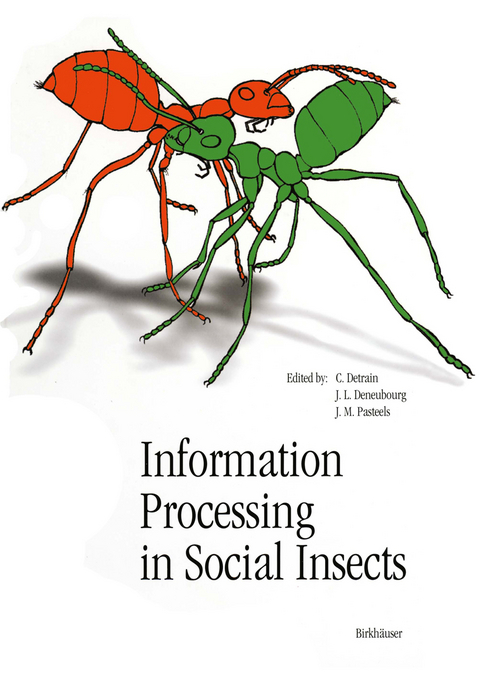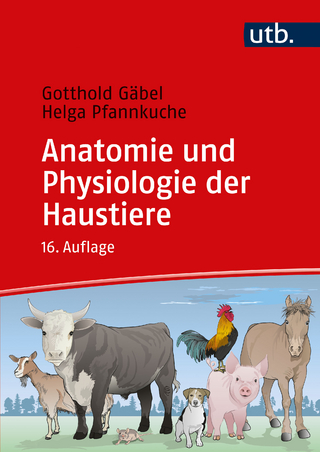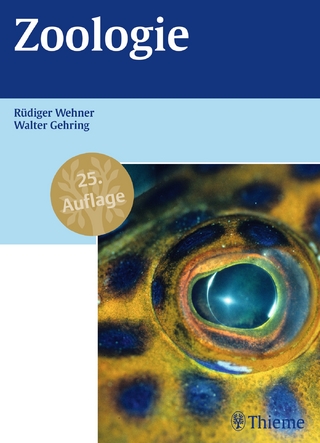
Information Processing in Social Insects
Springer Basel (Verlag)
978-3-0348-9751-8 (ISBN)
1 Group size and information flow inside the colony.- Group size, productivity, and information flow in social wasps.- Task partitioning in foraging: general principles, efficiency and information reliability of queueing delays.- Interaction patterns and task allocation in ant colonies.- Information flow during social feeding in ant societies.- Models of information flow in ant foraging: the benefits of both attractive and repulsive signals.- Information flow in the social domain: how individuals decide what to do next.- 2 Role and control of behavioral thresholds.- Response thresholds and division of labor in insect colonies.- Role and variability of response thresholds in the regulation of division of labor in insect societies.- Social control of division of labor in honey bee colonies.- Genetic, developmental and environmental determinants of honey bee foraging behavior.- Behavioral threshold variability: costs and benefits in insect societies.- 3 The individual at the core of information management.- Individuality and colonial identity in ants: the emergence of the social representation concept.- Key individuals and the organisation of labor in ants.- Temporal information in social insects.- The individual at the core of information management.- 4 Amplification of information and emergence of collective patterns.- Activity cycles in ant colonies: worker interactions and decentralized control.- The mechanisms and rules of coordinated building in social insects.- Decision-making in foraging by social insects.- The mystery of swarming honeybees: from individual behaviors to collective decisions.- Collective behavior in social caterpillars.- Self-organization or individual complexity: a false dilemma or a true complementarity?.
| Erscheint lt. Verlag | 17.10.2012 |
|---|---|
| Zusatzinfo | XIV, 415 p. |
| Verlagsort | Basel |
| Sprache | englisch |
| Maße | 170 x 244 mm |
| Gewicht | 740 g |
| Themenwelt | Medizin / Pharmazie |
| Naturwissenschaften ► Biologie ► Zoologie | |
| Schlagworte | Behavior • Ecology • Entomology • insect • Insects • Methodology |
| ISBN-10 | 3-0348-9751-0 / 3034897510 |
| ISBN-13 | 978-3-0348-9751-8 / 9783034897518 |
| Zustand | Neuware |
| Haben Sie eine Frage zum Produkt? |
aus dem Bereich


